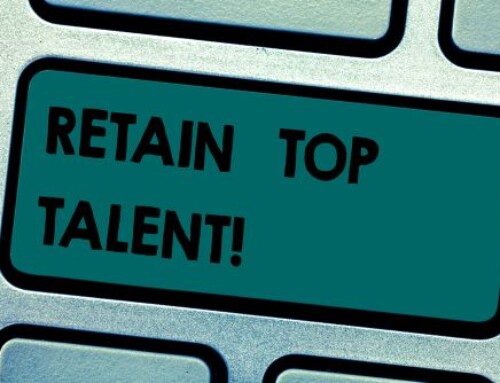Virtually any meeting, even the very best ones, can be improved by music. Music is powerful—people can hear certain songs and make mental or emotional connections. The theme song from the movie Rocky, still motivates athletes and business professionals even decades after it was played for the first time.
Songs can create a mood, help to get the audience excited or pumped, or simply to invoke a specific emotional response. It is unsurprising, then, that most large meetings and events make use of music in these ways. However, there are legal factors involved when music is played for large crowds, even if that music is played internally for partners, dealers, teams, etc. When it comes to music licensing, meeting planners need to be aware of how this translates to its use.
Why Music Licensing?
Simply put, it is against the law to use an artist’s copyrighted music without the proper music license. Playing ‘Eye of the Tiger’ as your keynote speaker walks onto the stage may be a fun idea, but you can’t do it legally without a license. It’s a matter of ownership: the composers and songwriters of a given song must be able to collect royalties for the use of their music. It’s their livelihood. The vast majority of these artists are represented by two primary organizations, BMI and ASCAP. These organizations exist to ensure that artists are paid for the use of their music. If you want to use copyrighted tunes at your event, you need to pay for it or alternately get written permission to use it without fees.
Penalties
It may not seem like that big a deal. You may have played copyrighted music before without any consequences. But you’re still breaking the law, regardless of whether you get caught. And if you do get caught, you’ll have to pay a hefty fine, or legal fees to defend your actions. The amount owed will depend on the artist and song, but here’s a reference point: the ASCAP fine is a minimum of $750 per song. Plus, you’ll have to pay for court costs and attorney fees. You’d be better off paying for a license for your event, which, at a flat fee, covers all songs used.
What You Can Do
Licensing – You can, of course, get licensing for your event. If you have specific copyrighted songs you want to use, determine whether those songs are copyrighted through BMI or ASCAP and get the corresponding license. However, there are some alternatives if the cost of licensing feels too steep to you.
Royalty Free Music – For one thing, think deeply about whether you absolutely must have these copyrighted songs. Is it imperative that you use Europe’s ‘The Final Countdown’, or could you use a non-copyrighted song with a similar feel? AudioBlocks, for example, is a subscription-based service that lets you download stock music. A monthly fee gives you unlimited downloads of stock songs, royalty free. You can just search their archives for the kind of vibe you want— ‘Triumphant Classical Piano’ or ‘Uplifting Acoustic’, for example.
Local music artist or DJ — Another music option is to hire a local artist to play their own music. Many local musicians would love the added exposure, and would be happy to play original material for you. Or, if you’d rather, you could hire a ‘cover band’, a band that will come with their own license already in place. Similarly, many local DJs will already have the required licenses. However, whether DJ or band, it is your responsibility to ensure that the proper licenses are in place.
Conclusion
Music licensing is important. It helps ensure that artists get the money they deserve, which helps artists survive and create more music. If you play copyrighted music without getting a license, you are disrespecting a musician and essentially stealing their music. It can be a costly matter to defend these actions. Whether you pay for a license, hire a local artist, or use stock music, it is vital that you consider the legal factors involved in music use at your event.
Do you need music at you next corporate event, meeting or conference? Contact Gavel International for more information on professional meeting planning services.
This article was last updated on November 28, 2022
- Memorable Meetings in Abundant Sunshine and the Natural Beauty of Phoenix - March 24, 2025
- Incentive Trailblazing with John George in Banff, Canada - December 4, 2023
- Nature’s Playground: Big Sky and Bozeman, MT - September 26, 2022






